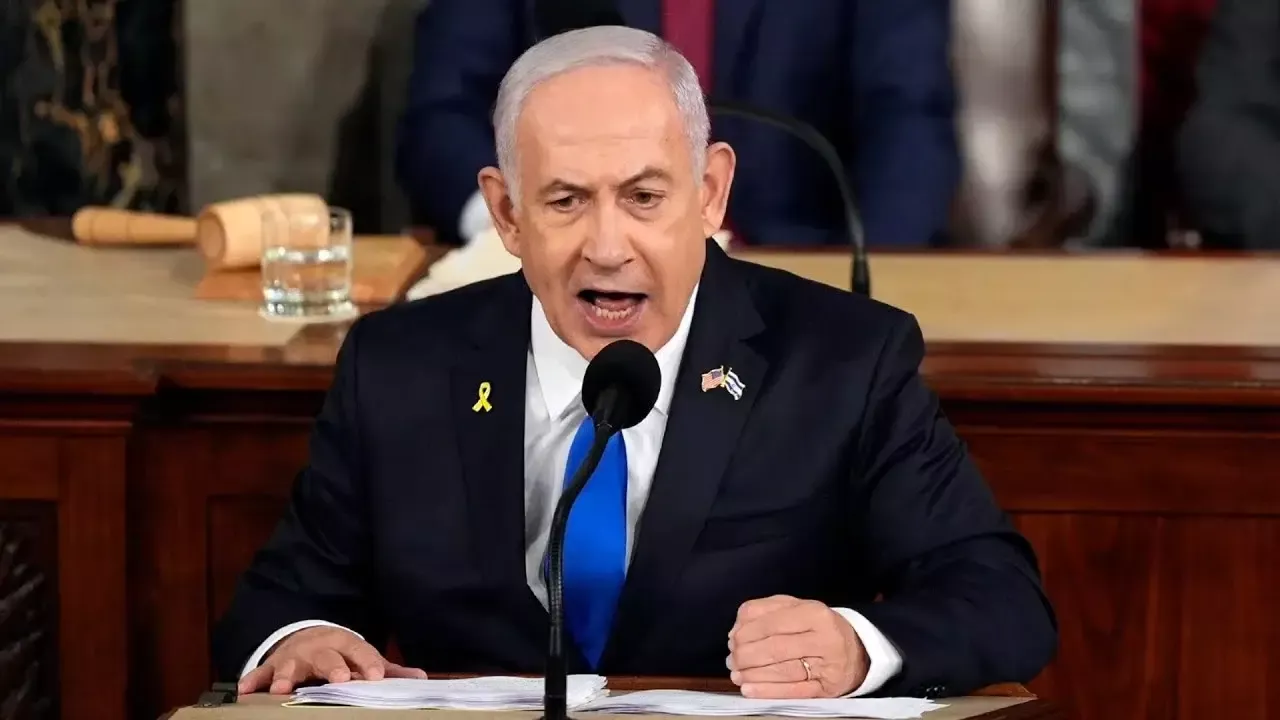Netanyahu expressed readiness to implement Trump's plan

Israeli Prime Minister Benjamin Netanyahu stated last night that he is ready to implement the first phase based on Trump's plan within the framework of an initiative aimed at stopping the fighting. This was reported by Zamin.uz.
This plan envisages the immediate release of hostages. The goal is to establish short-term and phased coordinated work with the White House.
Currently, field operations are being gradually reduced. The Israeli command has issued instructions to cut back offensive operations and focus mainly on defensive tasks.
These changes are considered preparations to start the first phase of the hostage release process. After receiving Hamas's response, US President Donald Trump demanded that Israel immediately stop the bombings in Gaza and issued a final ultimatum.
According to Washington time, the plan must be accepted by Sunday at 6:00 PM, which corresponds to Monday, October 6, at 3:00 AM Tashkent time. In its appeal, Hamas stated its readiness to hand over all hostages and the bodies of the deceased according to the exchange formula proposed by Trump, provided the necessary conditions are met.
Additionally, the movement agreed to start negotiations immediately through mediators to discuss the details. It also announced its readiness to organize Gaza's governance as an independent structure based on the Palestinian national consensus, supported by the Arab and Islamic world.
However, the main contentious issues — disarmament and general security measures — have not yet been agreed upon. According to a comparative report by Reuters agency, Hamas has accepted some key points of the plan but no agreement has been reached on crucial conditions such as giving up arms.
Musa Abu Marzouk, a member of Hamas's political bureau, called the demand to hand over all hostages and bodies within 72 hours practically unrealistic. He is requesting an extension due to technical and logistical difficulties.
The Trump plan consists of 20 points, including an immediate ceasefire, exchanging hostages for Palestinian prisoners, phased troop withdrawals, as well as reconstruction and the establishment of a temporary international governance structure. Middle Eastern neighbors are mediating the acceptance of the plan, while the Israeli side is based on its established principles.
The next steps include launching practical mechanisms regarding the hostages, agreeing on the list of criminal prisoners, and steadily reducing violence on the ground. However, if the balance of trust and influence measures is not maintained, the process may stall again.
In this situation, pressure from the families of the hostages and political disputes within Israel also play an important role. For now, the biggest question is whether, despite delays and disagreements, the parties can turn the first phase into practical action?
The answer to this question will depend on the speed of negotiations and the situation on the ground.







